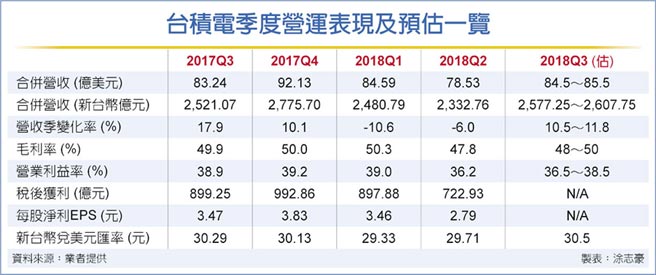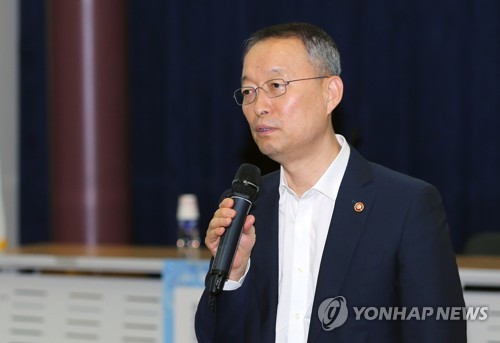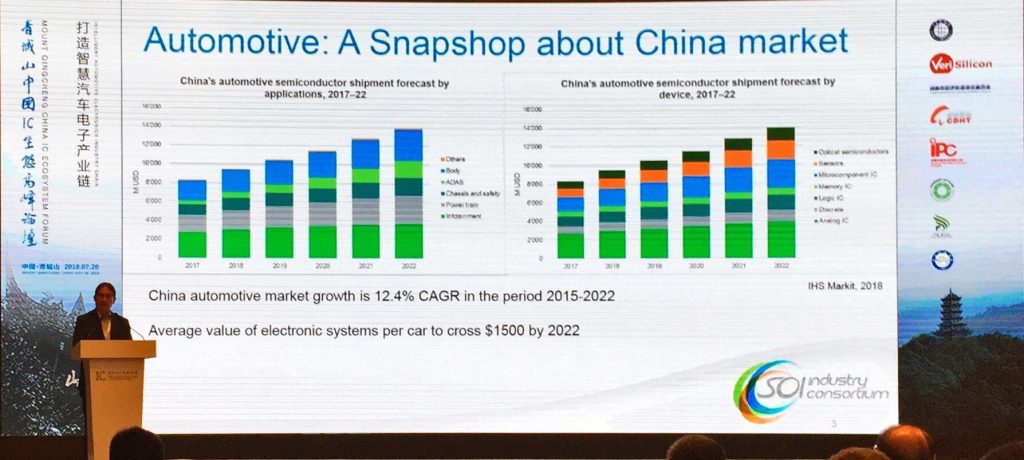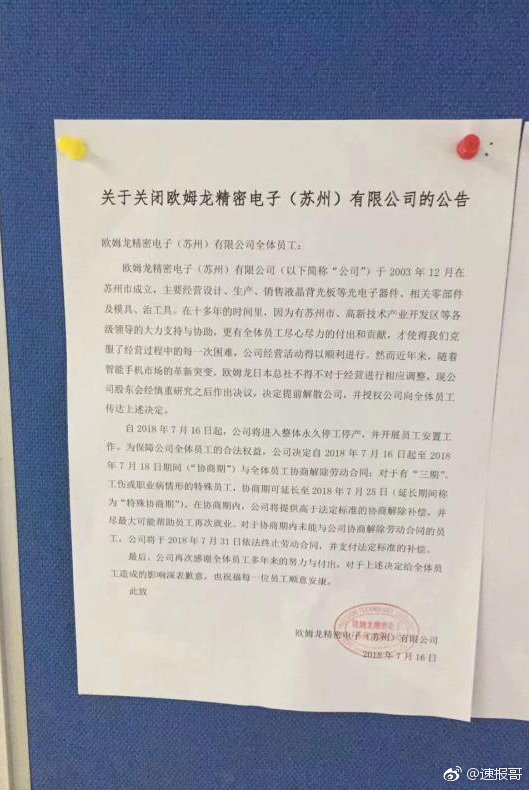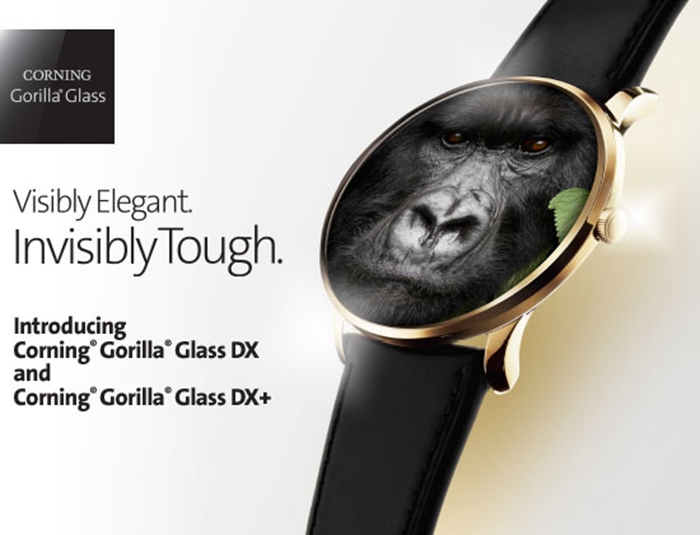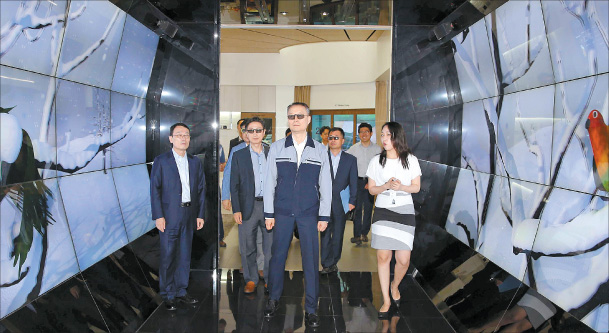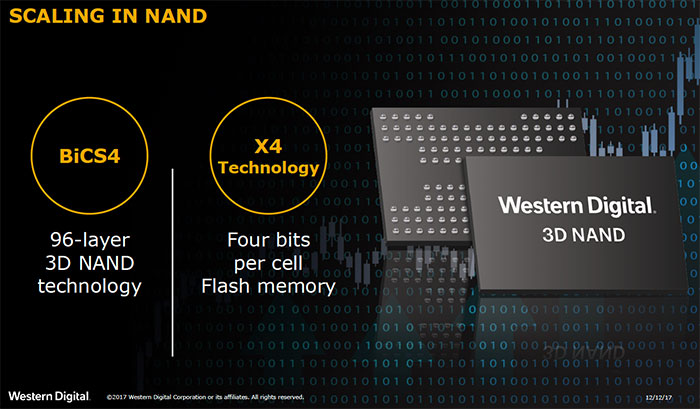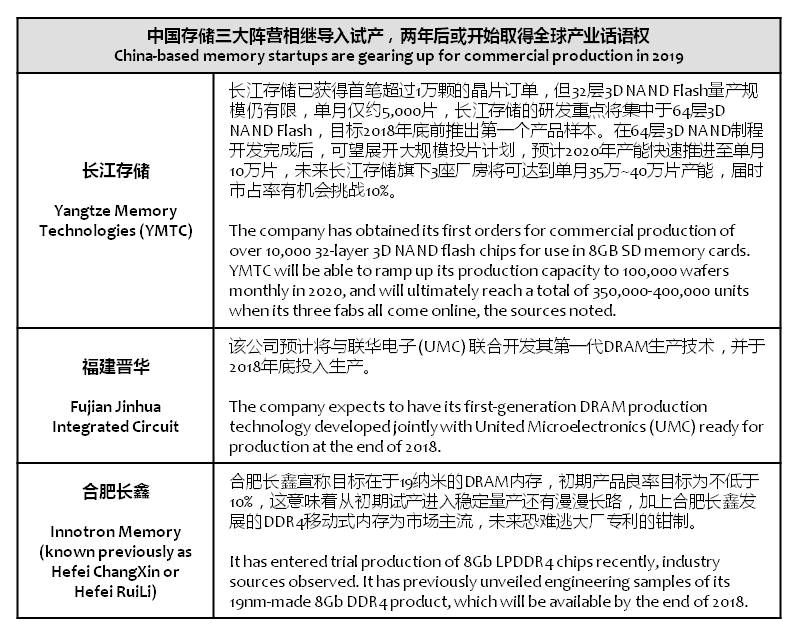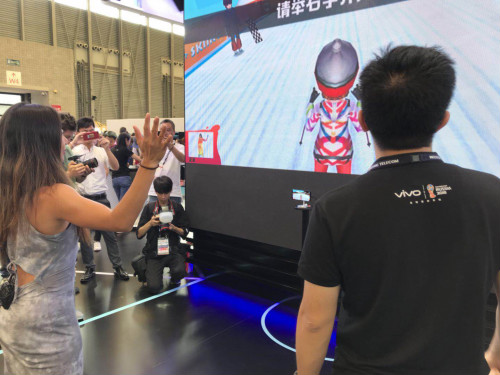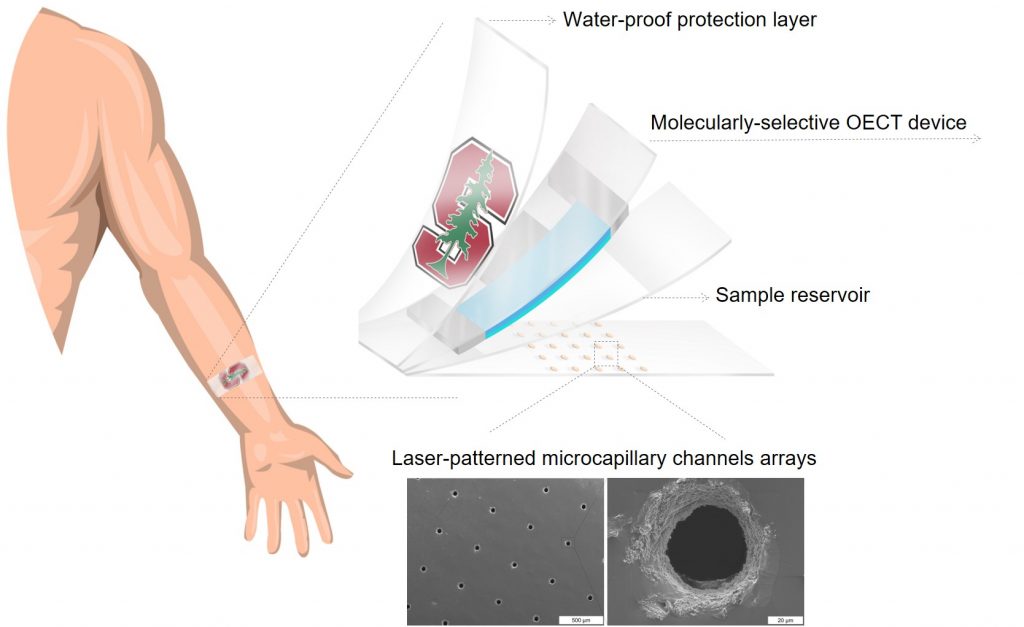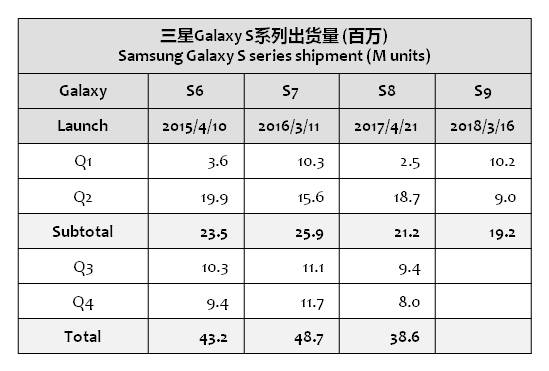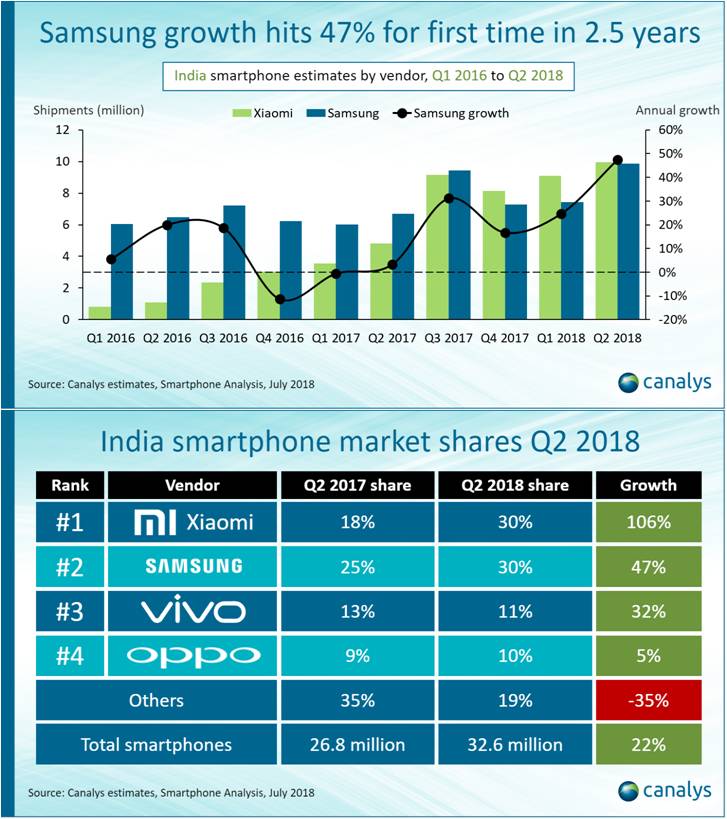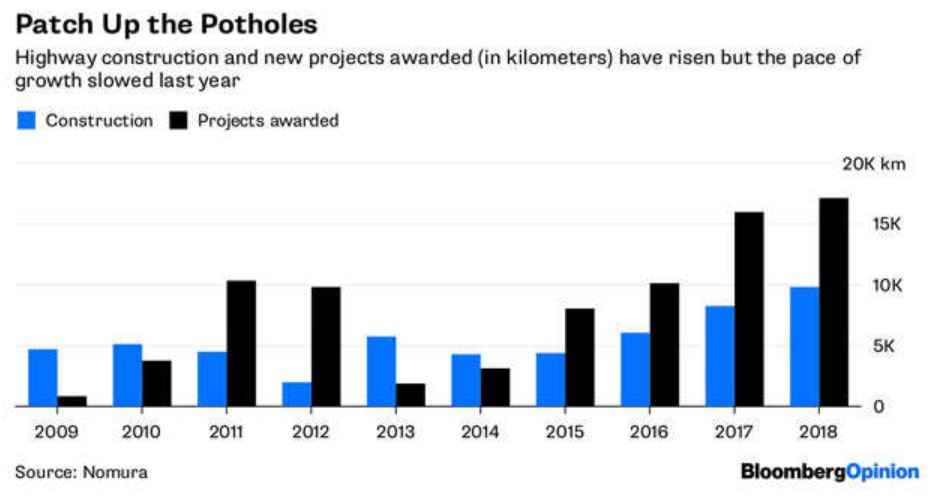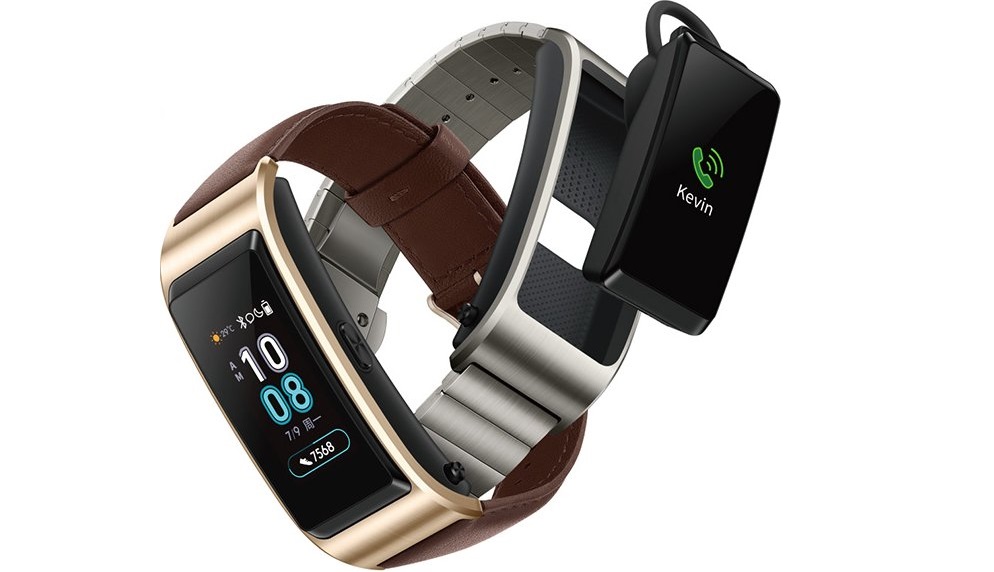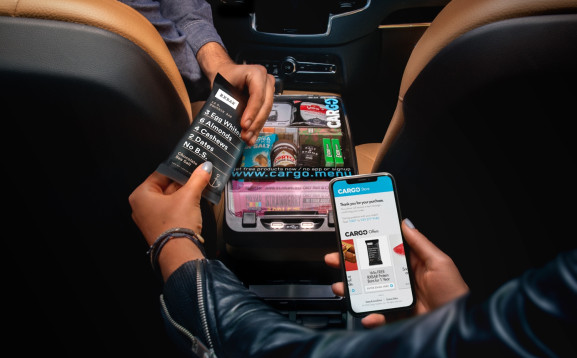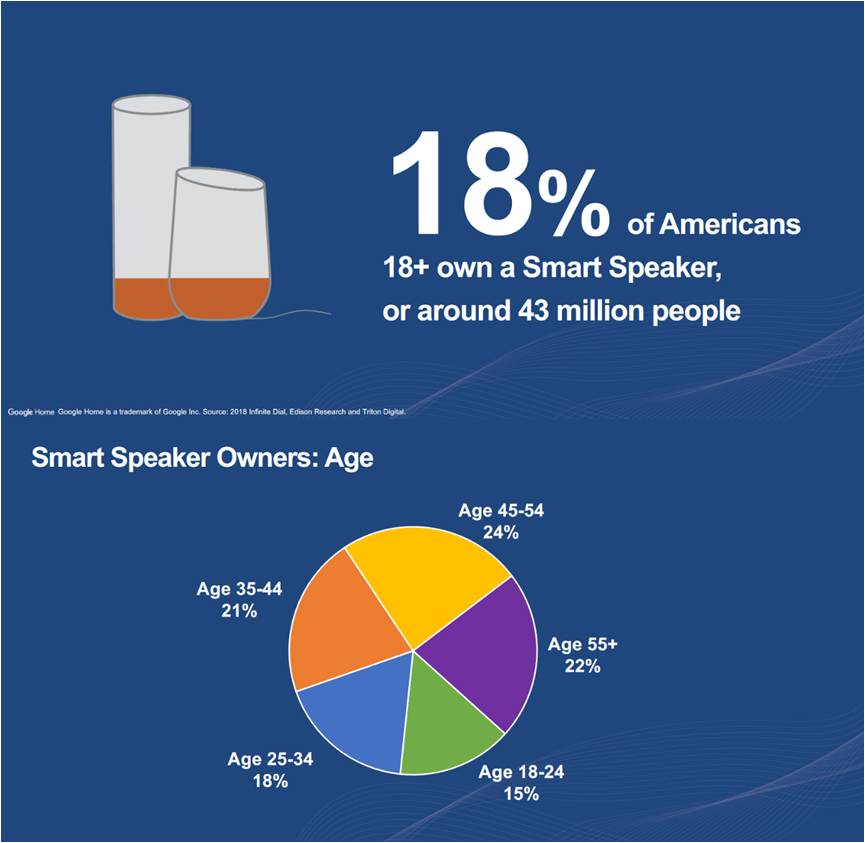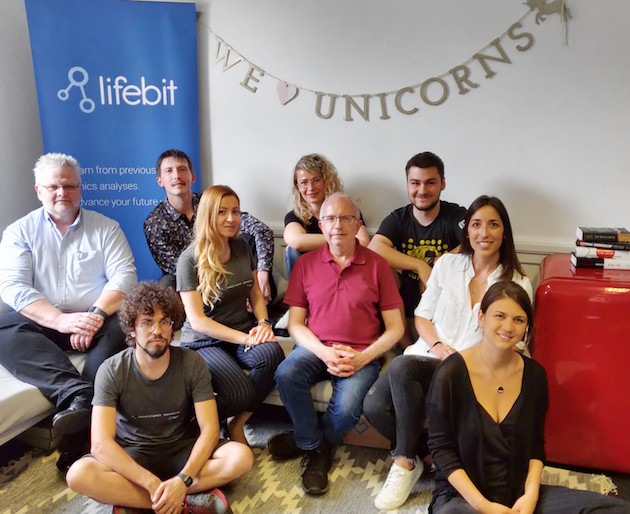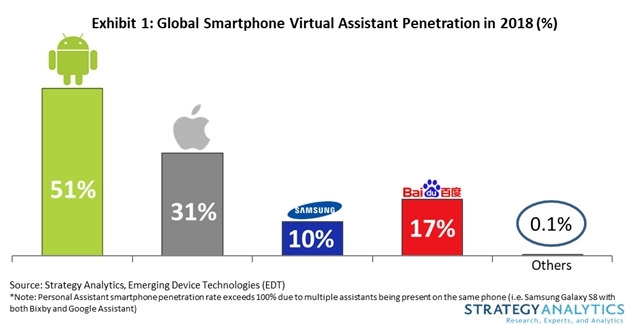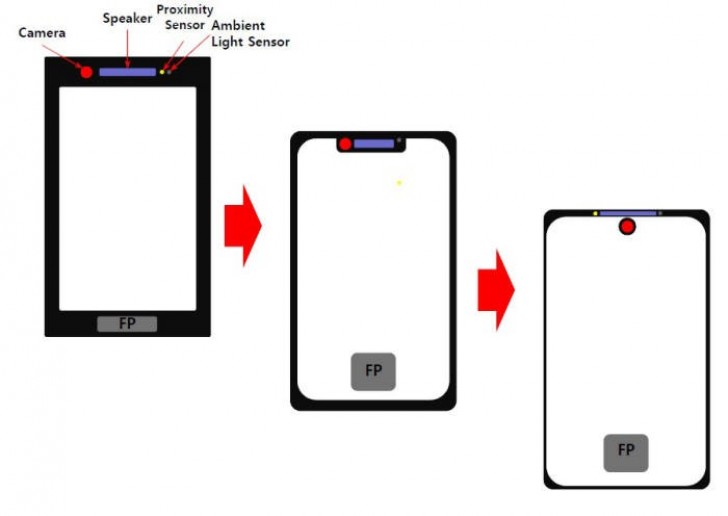
07-21: EU antitrust regulators has charged Qualcomm with a new violation in a case; Samsung Display is expected to benefit from the deregulation; etc.
Chipsets
EU antitrust regulators has charged Qualcomm with a new violation in a case where the U.S. chipmaker has been accused of selling chipsets below cost to drive out Nvidia Corp unit and British phone software maker Icera. (My Drivers, Reuters, Silicon)
Taiwan Semiconductor Manufacturing Co (TSMC) has trimmed its outlook for 2018 revenue and capital spending, reflecting lethargic mobile and digital currency mining demand as it gears up to supply the next batch of Apple iPhone. CEO C. C. Wei said sales will rise in 2018 by a high single-digit percentage in USD terms, down from an already reduced projection of 10%. (GSM Arena, Bloomberg, 9to5Mac, CNYES, TechNews, China Times)
South Korea’s industry minister said that the government will step up support for large-scale research and development (R&D) projects to develop cutting-edge memory chips to brace for the emergence of Chinese rivals. Paik Un-gyu, minister of trade, industry and energy indicates that the government is mulling large-scale projects for design and manufacturing of next-generation memory chips. (CN Beta, Yonhap News)
SOI Consortium Executive Director Carlos Mazure reveals that automotive market is growing, with gloabl average growth rate more than 8%. China has the fastest growing speed with 12.4%. By 2020, averagely every car would spend USD1500 on chipset. Carlos Mazure reveals that emerging ADAS, vehicle network, infortainment system chipsets would adopt FD-SOI process. (Laoyaoba, East Money, Semi Engineering)
Touch Display
Huawei is reportedly planning to release a phone with a notch-like hole in the display panel that would house the front-facing camera. The device would have a 6.39” LCD display and Huawei is expected to release it in 4Q18. (ET News, GSM Arena, Android Authority, Sina)
Japan-based OMRON has announced closing Suzhou factory. The company indicates that it is due to the impact form phone industry, and OLED has affected the LCD market. OMRON is one of the main BLU suppliers. (CN Beta, RFA, NBD)
Corning has announced Gorilla Glass DX and Gorilla Glass DX+, with both cover glass prodcuts featuring an antireflective property that improves optical clarity and scratch resistance. (Digitimes, 9to5Google, Corning, CN Beta)
Paik Un-gyu, minister of trade, industry and energy has promised to push ahead with adding OLED production to the list of 157 growth-driving technologies that the government offers tax exemptions to. The measure is meant to help the local display industry maintain its leading position in the global market and continue creating jobs. LG Display and its rival Samsung Display are expected to benefit from the deregulation. (Sina, Laoyaoba, Xueqiu, Korea JoongAng Daily)
Storage
Western Digital (WD) has announced successful development of its second-generation, four-bits-per-cell architecture for 3D NAND. Implemented for the company’s 96-layer BiCS4 device, the QLC technology delivers the industry’s highest 3D NAND storage capacity of 1.33 terabits (Tb) in a single chip. BiCS4 was developed at the joint venture flash manufacturing facility in Yokkaichi, Japan with our partner Toshiba Memory Corporation. (CN Beta, Business Wire)
China-based memory startups including Yangtze Memory Technologies (YMTC), Fujian Jinhua Integrated Circuit and Innotron Memory (known previously as Hefei ChangXin or Hefei RuiLi) are all gearing up for commercial production in 2019. (Digitimes, press, CNMO, Laoyaoba)
Sensory
vivo is showcasing world’s first gaming prototype device that adopts Huajie IMI 3D body action algorithm. User only needs to project the phone display on a TV to play body action games. The related commercial phone will be launched in the market within 2018. (TechWeb, My Drivers, China.com)
Stanford University has created a stretchy patch that, applied directly to the skin, wicks up sweat and assesses how much cortisol a person is producing. The hormone cortisol rises and falls naturally throughout the day and can spike in response to stress. (Engadget, Stanford)
Biometrics
AnyVision is working on face, body and object recognition tech and the underlying system infrastructure to help companies deploy smart cameras for various purposes. The Tel Aviv-based AI startup has announced that it has closed a USD28M Series A funding round led by Bosch. (7Tin, TechCrunch, Tech Investor News)
Battery
OnePlus CEO, Pete indicates that he would like to include fast wireless charging feature to OnePlus devices. Even though this wireless charging technology has been around for some time now, there are some restrictions that lead to design compromises. (Laoyaoba, 9to5Google, SlashGear, OnePlus, WCCFtech)
Phone
HTC is reportedly planning to exit the Indian market. HTC halted its local manufacturing efforts over 1 year ago, and the company is said to be culling its distribution agreements in the country. HTC plans to sell virtual reality devices online with Taiwan completely controlling Indian operation. This will be like an extremely small business. (Android Central, Economic Times, LTN, Now News, UDN, My Drivers, My Drivers)
The Bell reports that Samsung shipped 10.2M units of Galaxy S9 in 1Q18, and 9M units in 2Q18. (Android Headlines, Android Authority, The Bell, BGR)
Google has been quietly working on Fuchsia, a new experimental OS for tablets and phones. Google allegedly plans to replace Android and Chrome OS with Fuchsia within next 5 years. However, Google has denied such rumor. (Android Authority, GizChina, Bloomberg, CNET, CN Beta)
Google, Facebook, Microsoft, and Twitter have joined to announce a new standards initiative called the Data Transfer Project, designed as a new way to move data between platforms. In a blog post, Google described the project as letting users “transfer data directly from one service to another, without needing to download and re-upload it”. (The Verge, Android Central, Google, 10JQKA)
According to Canalys, Samsung and Xiaomi each shipped 9.9M smartphones to India in 2Q18. This is the best quarter either vendor has had in the country. Together, the two companies now account for 60% of total shipments in India, up from 43% a year ago. (GSM Arena, Canalys, press, iFeng)
Samsung is reportedly thinking of merging the flagship Galaxy S and Galaxy Note product lines. Samsung vice chairman Lee Jae-yong is allegedly embarking on a complete review and overhaul of Samsung mobile portfolio. (Phone Arena, The Bell, Sina)
Data from the World Bank and the Reserve Bank of India show manufacturing has not received a significant boost since Indian Prime Minister Narenda Modi took office in 2014. While India’s economy has overtaken France to become the world’s 6th largest, manufacturing has shrunk to about 15% of gross domestic product from a peak of 18.6% in 1995, according to the World Bank. Other data show new investments in India have dropped and stalled projects are on the rise. (Bloomberg, Economic Times, Android Central)
Wearables
Huawei TalkBand B5 hybrid wearable is announced, which functions as a Bluetooth headset and a health tracker. It features 1.13” 300×160 AMOLED 2.5D, IP67 rated to resist dust and water. It is priced from CNY1000. (Android Headlines, Digital Trends, OfWeek, Baijiahao)
Automotive
Uber has teamed up with Cargo, a startup that makes it easy for rideshare drivers to sell goods to their passengers. Cargo works by giving drivers free boxes, filled with goods like gum, phone chargers and snacks, to sell to passengers from the center of the car console. (VentureBeat, TechCrunch, 163, Pin Chain)
Home
According to NPR and Edison Research, only 18% of Americans 18 and older own a smart speaker. That works out to 43M smart speaker owners in the U.S., and gives manufacturers a large number of potential buyers to aim for. The smart speaker ownership is pretty balanced among age groups, but those 45-54 own a leading 24% of these devices in the states. (NPR, report, Phone Arena)
E-Commerce
eBay has acquired Japanese eCommerce platform Qoo10. The total value of the deal is USD573M, based on the USD306M cash price and shares in the company valued at USD266M. Qoo10 is created as a hyperlocal marketplace that allowed large and small merchants to sell their products across Asia. (TechCrunch, PYMNTS, Bloomberg, Sina)
Artificial Intelligence
London-based Lifebit is building a cloud-based cognitive system that can reason about DNA data in the same way humans do. It has now closed a USD3M (GBP2.25M) Seed funding round led by Pentech and Connect Ventures, with participation from Beacon Capital and Tiny VC (AngelList). (TechCrunch, PE Hub)
Strategy Analytics concludes that in 2019 over 50% of smartphones globally will have virtual assistant and the share will grow up to 90% by 2023. Strategy Analytics finds that Google Assistant has risen to be the top virtual assistant with over 50% share followed by Apple’s Siri. (Laoyaoba, Strategy Analytics, press)
